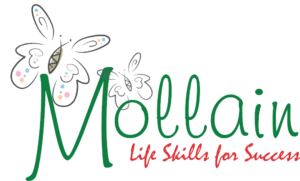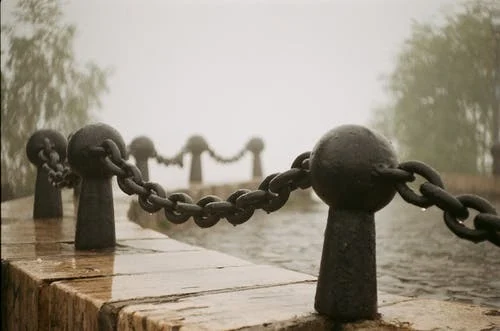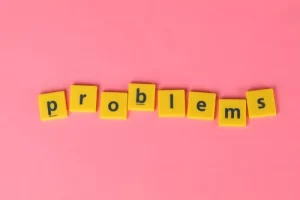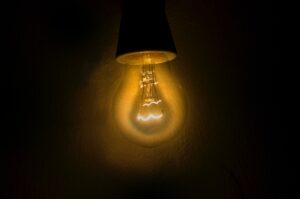Truism, cliché, whatever
There are sayings—call them truisms or clichés—that people sometimes twist around to justify every single act of stupidity they do, or, to highlight the negative side of a situation when it pertains to you.
I’m sure that wherever you hail from, there are some regional classics beyond the universal ones. In Jamaica, we have many of these gems that are manipulated regularly. Here are a few which I will have to paraphrase somewhat:
What’s gone bad at morning, can’t be fixed at evening – to justify not fixing a wrong that has been done
Patient man ride donkey – to cast tardiness as a virtue
The higher monkey climb, the more his behind exposed – to discourage ambition or justify the lack of it
There are people whose sole source of wisdom comes from that well of clichés and boy, can they trot them out. You know the type. It’s best to just let them have their say and move on because if you try to argue with them, sure as faith, they can pull another gem out of the well to stump you.
The weakest link argument
Well, I’m going to look at one in particular “You are only as strong as your weakest link” and turn it on it’s head. Now, my thoughts here are not original but came to me from Kahlil Gibran’s The Prophet. I think it is worth examining.

You have been told that, even like a chain, you are as weak as your weakest link. That is but half the truth. You are also as strong as your strongest link. To measure you by your smallest deed is to reckon the power of the ocean by the fraility of it’s foam.
– Kahlil Gibran –
Now, the weakest link thing is true, that is if you are using the chain as a whole, end to end, tugging from both sides. But how many situations in life warrant the use of the total resource for every situation?
Do you need the light on in every room just to see in one kitchen cupboard? Also, in the ‘chain’ of lights in a house, don’t some rooms have dimmer switches so that you can adjust intensity according to need? Then, what about the bedroom light being dimmer than the kitchen light because that’s what’s needed?
The weakest link thing is true if you are using the chain as a whole, end to end, tugging from both sides. But how many situations in life warrant the use of the total resource for every situation?
The value of the weakest link
There are situations where the weak link is a necessary and built–in safety feature, much like the shear pin on a snow blower’s blade assembly.
The blower is built strong to move tons of snow over it’s lifetime but it needs that weak spot to save it’s life/motor. If at any time some object hidden in the snow gets caught up in the blades, the pin snaps to stop the blade rotating so that the motor does not burn out.
A plane mechanic friend of mine explained it to me after I complained about having to change the pin twice, and my bright idea to replace it with a sturdy bolt. The weak link was necessary he explained and, at the time, I felt like a fool for not knowing. Now I know better.
We have weak links and strong links for a purpose and there are situations where our weak spot is a necessary safety feature. Therefore, we must not define ourselves by what is perceived as our weakest spot. It may be our strongest asset.
The strength of the sum of our links
We have weak links and strong links for a purpose, and we must not define ourselves by what is perceived as our weakest spot. We use the parts of the chain needed at the time, as rarely are we called upon to use the full length in one go. Our strong links allow us to face down and recover from threats and disasters. Our weak links allows us experience empathy and show kindness towards others and even grieve with them in times of loss. Both are necessary for a wholesome life.
An aside
While writing this, I could not decide whether it was my strong link or my weak link that prevented me from doing something regrettable when my children made me go cray-cray. Which do you think it was?






